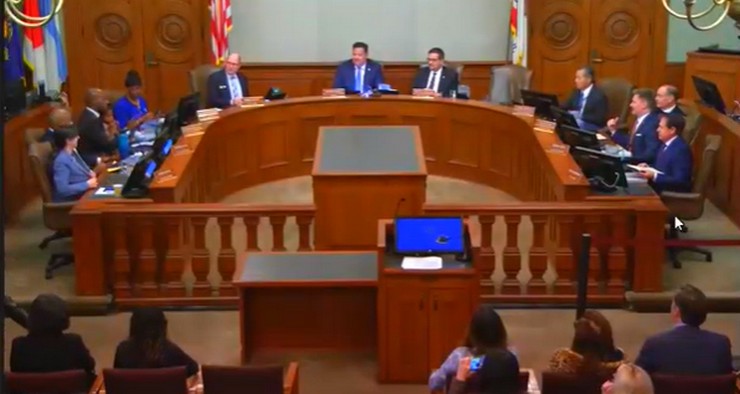
The Los Angeles County Fair Chance Ordinance (FCO), adopted by the Los Angeles County Board of Supervisors on February 7, 2024, went into effect on Tuesday.
The ordinance introduces new compliance requirements for employers in the County, supplementing California’s existing Fair Chance Act (FCA).
The ordinance mandates that employers cannot inquire about criminal history before extending a conditional job offer, unless legally required. Furthermore, certain types of criminal history—such as arrests not resulting in convictions, convictions that have been sealed or expunged, and juvenile records—cannot be considered during the hiring process.
The FCO applies to employers with five or more employees who work at least two hours per week in the unincorporated areas of Los Angeles County. This includes part-time, temporary, and seasonal workers, as well as independent contractors and owners. Employers must consider any worker meeting this criterion when assessing whether they meet the five-employee threshold.
Under the ordinance, before conducting a criminal background check, employers must notify applicants that the offer is contingent on the review of their criminal history. If a background check is performed, employers must provide a copy of the report to the applicant before requesting any additional information regarding their criminal history.
The FCO also requires employers to conduct an individualized assessment of the criminal history’s relevance to the job position before taking any adverse action. If an adverse decision is made, employers must provide a preliminary notice explaining the applicant’s right to respond. A second assessment is required if the applicant responds, followed by a final notice if the adverse action proceeds.
In addition to these requirements, the FCO includes notice, posting, and record-retention stipulations. Violations of the ordinance can result in administrative penalties ranging from $5,000 to $20,000, potential actions against business licenses, and possible civil liability.














 2 comments
2 comments


